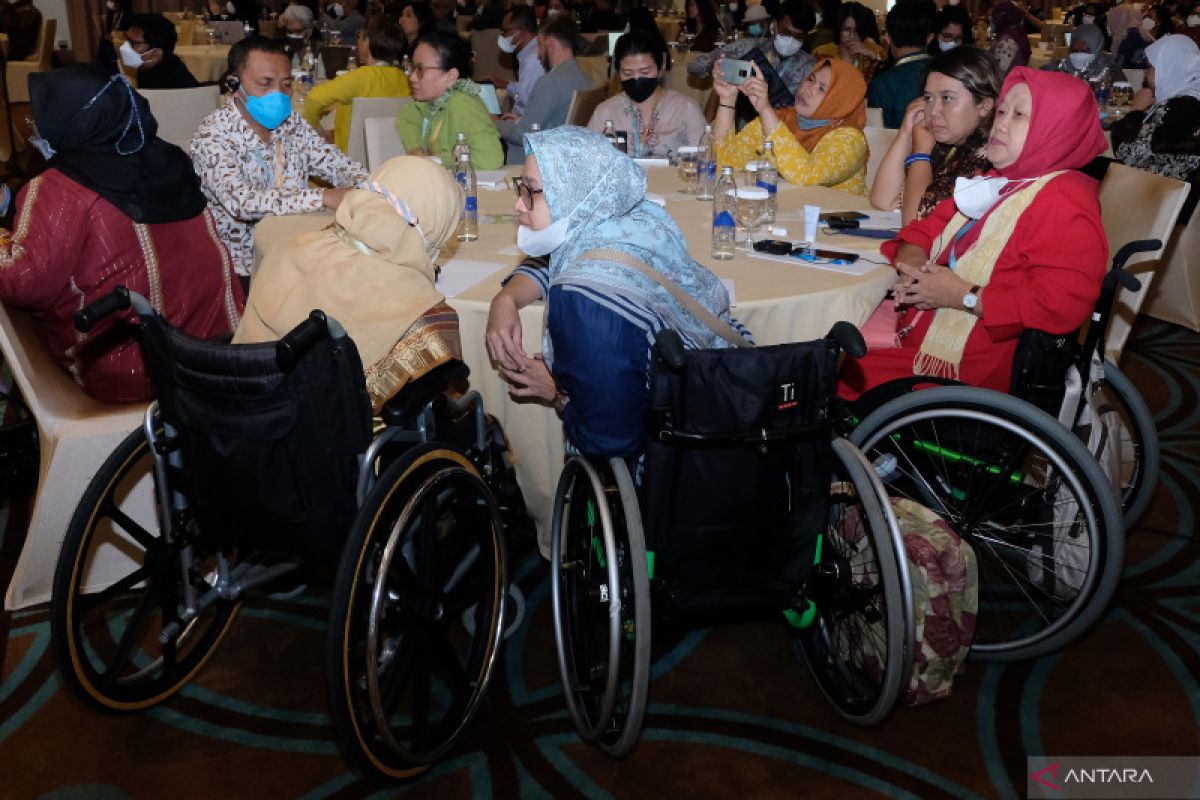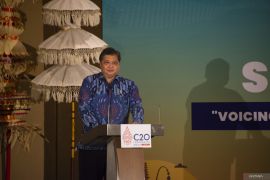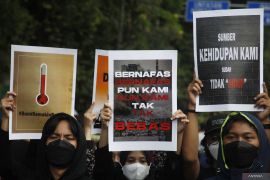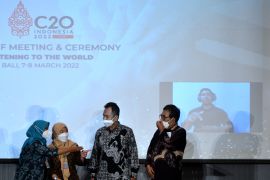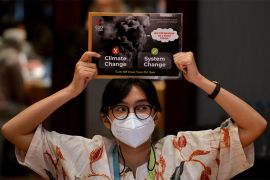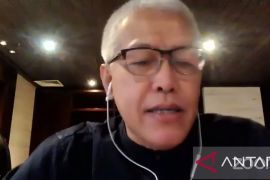We have members who are actively involved in vaccination activities for indigenous peoples, vaccinations for people with disabilities, to vaccinations for vulnerable groups, such as people with HIV/AIDS or tuberculosisDenpasar, Bali (ANTARA) - Coordinator for Global Vaccine and Health Access of Civil 20 (C20) Agung Prakoso highlighted that civil society groups have a real involvement in handling vaccine inequality by learning from experiences during the pandemic.
“We have members who are actively involved in vaccination activities for indigenous peoples, vaccinations for people with disabilities, to vaccinations for vulnerable groups, such as people with HIV/AIDS or tuberculosis," he said in a discussion titled Civil-20 Health Conference on Vaccine Equity Ensuring G20 Real Commitment here on Saturday.
G20 is an international forum comprising 19 countries and the European Union that work together to handle major issues. Indonesia is holding the presidency of the grouping this year.
C20, part of G20 Indonesia's Sherpa Track, is a forum for civil society organizations from around the world to engage with G20 leaders in dealing with the current issues of gender equality; taxation and sustainable finance; vaccine access and global health; and environment, climate justice and energy transition.
In the initiative for global health architecture, health ministers of G20 member countries have agreed to establish a pandemic fund. The fund currently has reached 1.4 billion US dollars, sourced from 20 donor countries and three philanthropic organizations.
Related news: Resolving multidimensional global crises
According to Prakoso, civil society groups have a close relationship with communities that are direct targets of global health architecture programs.
He further noted that the development of research and manufacture of vaccines and diagnostic tools needs to build manufacturing networks in southern countries.
The manufacturing center, which previously is located in the main area has started to be moved to the southern area to realize equal access to vaccines, medical devices, diagnostics, and treatments.
“This is realized in a form of south operation of six countries that will form a network, namely Argentina, India, Brazil, China, South Africa, and Indonesia," he remarked.
Related news: The importance of G20 leaders' attention to civil society issues
As of early November 2022, at least 12.9 billion vaccine doses have been injected into people worldwide with a pace of around 2.17 million doses injected per day.
However, Prakoso noted that 23.6 percent of people in low-income countries had only received their first vaccine dose.
A researcher from Third World Network (TWN) Lutfiyah Hanim stated that developing countries and small countries are currently facing issues related to intellectual property which make manufacturing facilities for the manufacture of vaccines or medical devices unable to develop rapidly.
According to Hanim, developing countries have the capacity and facilities to produce vaccines. However, manufacturers cannot carry out production maximally because medicines, vaccines, and others are protected with intellectual property rights.
Related news: C20 Summit delivers policy recommendations for G20 leaders
Related news: Youth's contribution to climate actions sought ahead of C20 Summit
Translator: Sugiharto Purnama, Raka Adji
Editor: Fardah Assegaf
Copyright © ANTARA 2022
